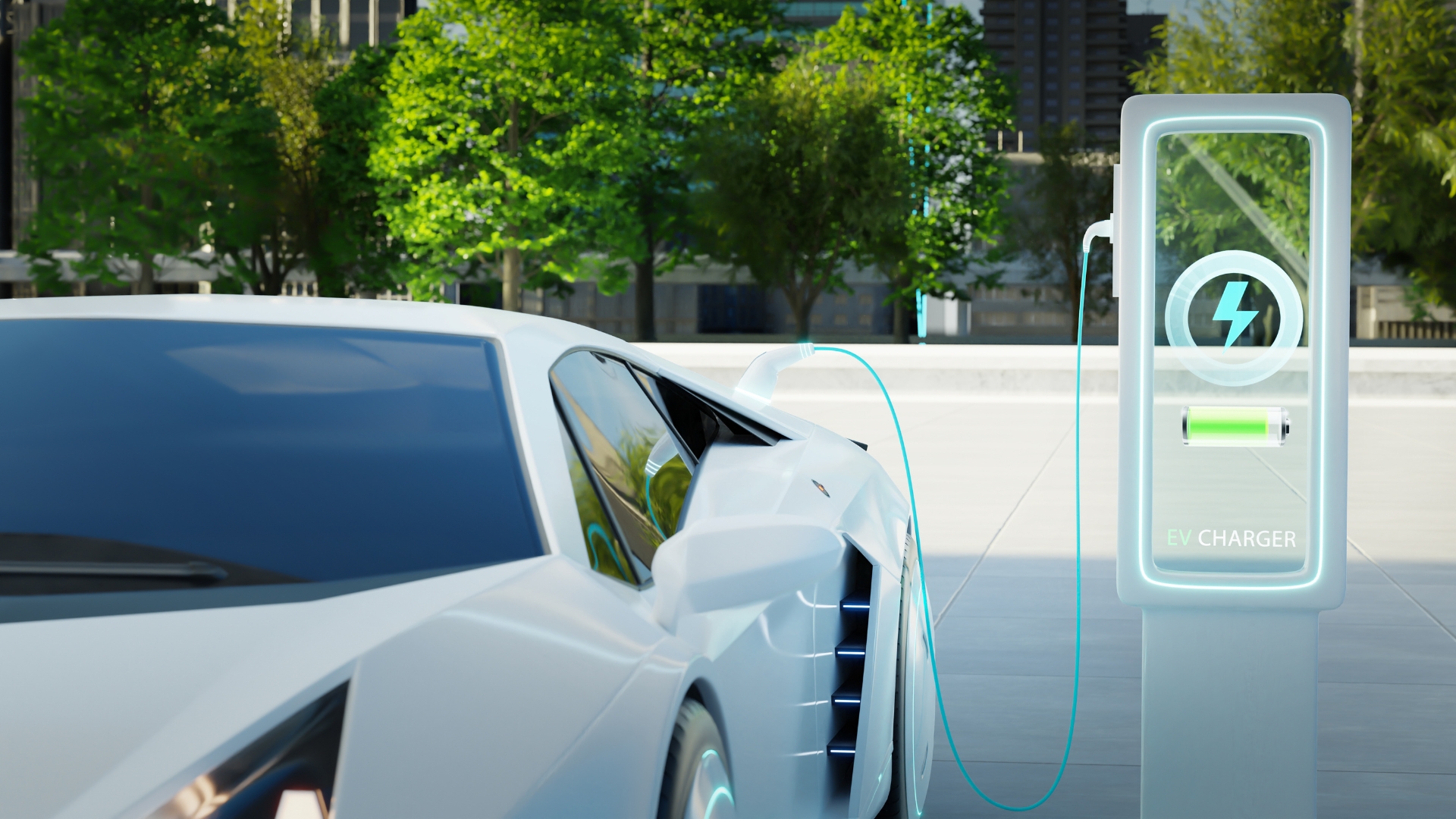Essential Competency Framework for Automobile & Electric Vehicles
Competency Framework for Automobile & Electric Vehicles: Engineering Excellence in the Evolving Automotive Landscape
In today’s rapidly evolving automotive industry, the term “Competency Framework for Automobile & Electric Vehicles” has become a cornerstone for organizations aiming to stay ahead of the curve. As electric vehicles (EVs) surge in popularity, with projections indicating they could constitute up to 40% of total passenger car sales in the United States by 2030, according to Bureau of Labor Statistics, the demand for a skilled workforce adept in both traditional automotive engineering and cutting-edge EV technologies has never been more critical.
Understanding the Competency Framework for Automobile & Electric Vehicles
A Competency Framework for Automobile & Electric Vehicles serves as a strategic blueprint, delineating the essential skills, knowledge, and behaviors required across various roles within the automotive sector. This framework ensures that professionals are not only proficient in their current roles but are also prepared to adapt to future industry advancements.
The Imperative for a Competency Framework in the Automotive Sector
The automotive industry is undergoing a seismic shift, transitioning from internal combustion engines to electric propulsion systems. This transformation is not merely a change in vehicle mechanics but a comprehensive overhaul affecting manufacturing processes, supply chains, and after-sales services. To navigate this complex landscape, organizations must cultivate a workforce equipped with a diverse set of competencies.
A recent report highlights that the automotive sector is facing significant challenges due to a growing skills gap, with 65% of automotive executives citing talent shortages as a major barrier to achieving their goals, according to PeopleBlox. This underscores the urgency for a well-structured competency framework that aligns talent development with organizational objectives.
Explore our library of 526 Competencies For Automobile & Electric Vehicles (EV) Industry
Key Components of the Competency Framework for Automobile & Electric Vehicles
Technical Competencies
1.1 Electric Vehicle Design and Engineering: Mastery in designing EV architectures, including knowledge of battery integration, electric drivetrains, and energy management systems.
1.2 Battery Technology and Management: Understanding various battery chemistries, thermal management, and charging protocols to enhance performance and safety.
1.3 Power Electronics and Control Systems: Proficiency in developing and managing inverters, converters, and control algorithms essential for EV functionality.
1.4 Autonomous Driving Technologies: Familiarity with sensors, artificial intelligence, and machine learning applications in vehicle automation.Functional Competencies
2.1 Project Management: Ability to oversee complex projects, ensuring timely delivery within budget constraints.
2.2 Supply Chain Management: Expertise in managing the procurement and logistics of EV components, considering the global nature of the supply chain.
2.3 Quality Assurance and Compliance: Ensuring products meet industry standards and regulatory requirements, particularly those specific to EVs.Behavioral Competencies
3.1 Adaptability and Continuous Learning: Willingness to embrace new technologies and methodologies in a fast-paced environment.
3.2 Collaboration and Teamwork: Effective communication and cooperation across multidisciplinary teams.
3.3 Problem-Solving and Innovation: Proactive approach to identifying challenges and developing innovative solutions.
Developing the Competency Framework for Automobile & Electric Vehicles
Creating a robust competency framework involves a systematic approach:
Stakeholder Engagement
Collaborate with industry experts, educational institutions, and internal stakeholders to identify the competencies critical for current and future needs.
Competency Mapping
Align identified competencies with specific roles and career paths within the organization, ensuring clarity in expectations and development opportunities.
Assessment and Evaluation
Implement tools and methodologies to assess existing skill levels, identify gaps, and measure progress over time.
Training and Development
Design targeted training programs, workshops, and continuous learning opportunities to address identified gaps and foster professional growth.
Real-World Applications and Benefits
Implementing a Competency Framework for Automobile & Electric Vehicles offers tangible benefits:
- Enhanced Recruitment and Retention
By clearly defining role-specific competencies, organizations can attract candidates whose skills align with strategic objectives, leading to improved retention rates. - Targeted Employee Development
Structured frameworks enable personalized development plans, ensuring employees acquire the necessary skills to advance their careers and contribute effectively. - Organizational Agility
A competent and adaptable workforce positions organizations to swiftly respond to industry changes, technological advancements, and market demands.
The Road Ahead
As the automotive industry accelerates towards an electric future, the importance of a well-defined Competency Framework for Automobile & Electric Vehicles cannot be overstated. This framework not only addresses current skill gaps but also anticipates future needs, ensuring organizations remain competitive and innovative.
Investing in the development and implementation of such a framework is a strategic imperative. It empowers organizations to build a resilient workforce capable of driving the automotive industry into a sustainable and technologically advanced era.
By embracing and implementing a comprehensive Competency Framework for Automobile & Electric Vehicles, organizations can ensure they are not only prepared for the current transformations but are also poised to lead in the future of automotive innovation.



